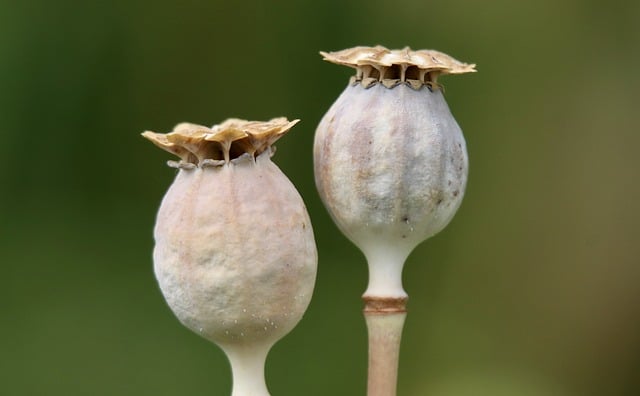The Art of Cultivating Good Bacteria: Harnessing the Power of Probiotics for Vibrant Living
Probiotics, the “good” bacteria, are gaining popularity among health enthusiasts and medical professionals alike. With numerous benefits for our gut and overall well-being, these living microorganisms play a vital role in promoting vibrant living. In this blog, we will delve into the art of cultivating good bacteria: the power of probiotics.
What are Probiotics?
Probiotics are live microorganisms that provide health benefits when consumed in adequate amounts. These friendly bacteria primarily reside in our gut and help maintain a healthy balance of gut flora. While bacteria are often associated with illness and infection, not all bacteria are bad for us. In fact, our bodies host trillions of bacteria, both good and bad, which together form our microbiome.
The microbiome, comprised of bacteria, viruses, fungi, and other microbes, has a significant impact on our overall health. When the microbiome is imbalanced, it can lead to various health issues, including digestive problems, weakened immune system, inflammation, and even mood disorders. This is where probiotics come into the picture – by promoting a healthy balance of gut bacteria, they contribute to our well-being.
How do Probiotics Work?
Probiotics work in several ways to support our health. Here are some of their mechanisms of action:
- Restoring gut flora balance: When our gut flora is disrupted due to factors like poor diet, stress, antibiotics, or infection, probiotics can help restore the balance. They populate our gastrointestinal tract, preventing harmful bacteria from gaining a foothold.
- Enhancing digestion: Probiotics aid in breaking down and absorbing nutrients from our food, supporting optimal digestion. They produce enzymes that break down complex carbohydrates, proteins, and fats, ensuring we get the most out of our meals.
- Strengthening the immune system: Approximately 70% of our immune system resides in the gut. Probiotics stimulate the production of immune cells and regulate immune responses, helping us fight off infections and allergies more effectively.
- Reducing inflammation: Imbalances in gut bacteria can lead to chronic inflammation, which is associated with various diseases. Probiotics can help reduce inflammation by restoring gut flora balance and reducing the production of inflammatory chemicals.
- Supporting mental health: Emerging research suggests a strong connection between our gut and brain – known as the gut-brain axis. Probiotics can influence the gut-brain communication, potentially improving mood, reducing anxiety, and supporting mental well-being.
Sources of Probiotics
Probiotics can be obtained through both natural food sources and dietary supplements. Here are some common sources:
- Yogurt: Yogurt made from live bacteria cultures, such as Lactobacillus and Bifidobacterium, is a widely available source of probiotics.
- Kefir: Similar to yogurt, kefir is a fermented milk drink rich in probiotics. It contains a diverse range of beneficial bacteria and yeasts.
- Sauerkraut: Fermented cabbage, sauerkraut, contains natural probiotics. Choose unpasteurized sauerkraut to ensure live cultures.
- Kombucha: A fizzy, fermented tea that contains live cultures of bacteria and yeast. Kombucha offers probiotics along with potential antioxidant benefits.
- Miso: A traditional Japanese seasoning made by fermenting soybeans with salt and koji (a type of fungus). Miso provides probiotics and adds a savory flavor to dishes.
- Supplements: Probiotic supplements are available in various forms, including capsules, tablets, and powders. They offer convenience and standardized doses of beneficial bacteria.
Choosing the Right Probiotic
With an overwhelming variety of probiotic products in the market, it is crucial to select the right one for your needs. Consider the following factors:
- Strain specificity: Different probiotic strains may have distinct health benefits.







